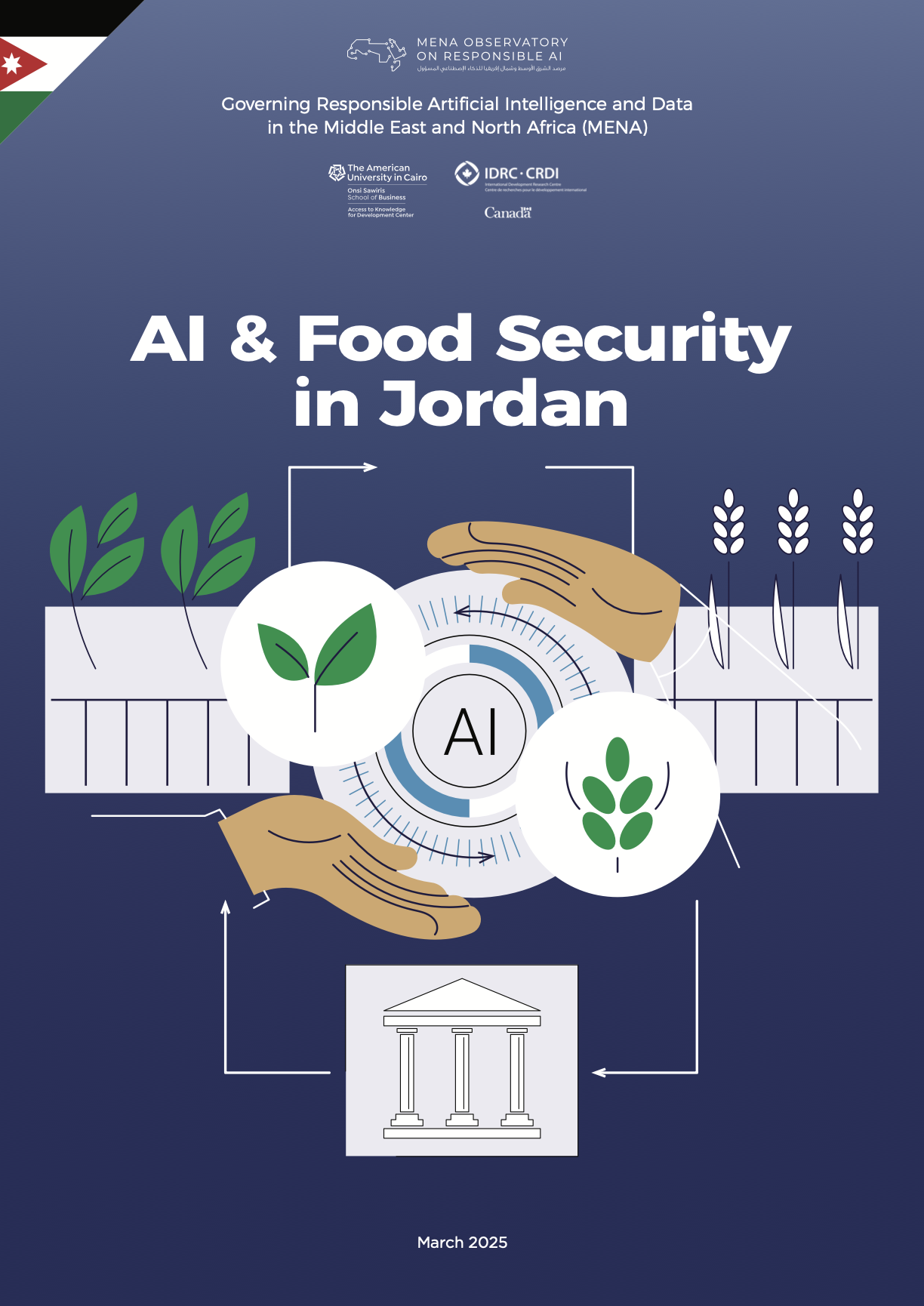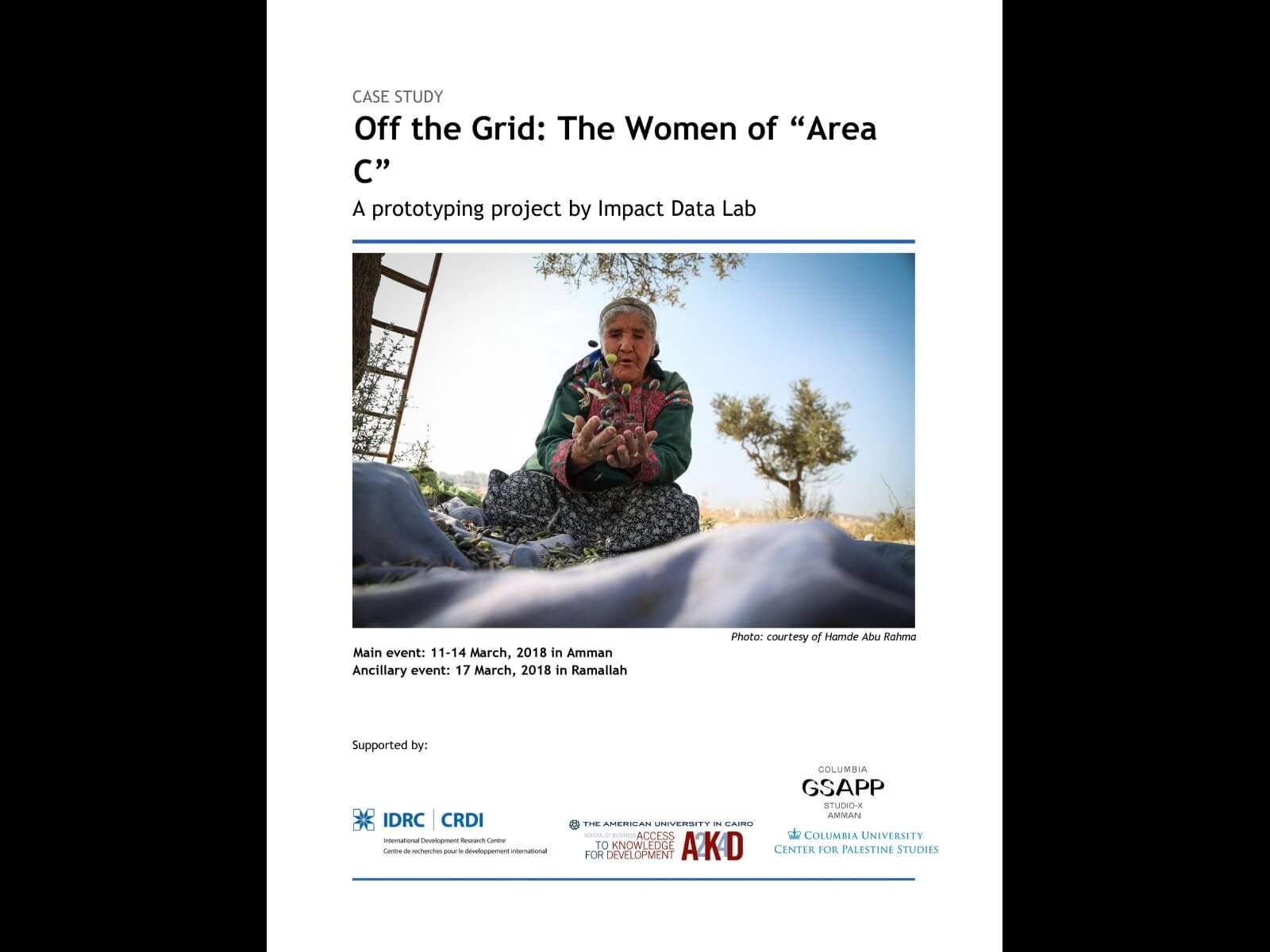- The Jordanian Artificial Intelligence Policy of 2020 is a framework encompassing various aspects of AI development, including employment, research, knowledge development, and ethical considerations. Its objective is to facilitate a comprehensive and cross-sectoral social and economic development strategy, while staying attuned to the rapid advancements in AI technology and harnessing its economic benefits. The policy further aims to improve the performance of government sectors, and identifies the critical role of AI in setting directions and priorities. The policy also established a National Charter on AI Ethics, which outlines principles and guidelines for the transparent and responsible operation of AI systems, including impartiality in data processing and the protection of data privacy. The government outlines the potential risks associated with the use of AI, such as privacy concerns, racial discrimination, data breaches, and job displacement, and requires entities to report any such risks to the Ministry for investigation and discussion by the committee.¹
- The Artificial Intelligence (AI) Strategy and Implementation Roadmap for Jordan (2023-2027) has been developed with the support of multiple international organizations including the European Union (EU), The United Nations Economic and Social Commission for Western Asia (ESCWA), and the United Nation Industrial Development Organization (UNIDO), along with contributions from numerous public, private, academic, security, and civil society entities and organizations.
- The "One Million Jordanian Coders Initiative" was created to offer free access to an array of comprehensive courses, such as Full-Stack Web Development, Android Basics, Front-End Development, and Data Analysis, to aspiring coders. This initiative provides an opportunity for individuals to develop critical digital skills, empowering them to keep pace with the rapidly evolving technology industry.²
- Jordan's Government AI Readiness Index ranking has risen from the 80th place worldwide in 2021, to the 63rd place in 2022.
- Jordan does not have a strict data protection law. However, an initial proposal/ draft law on the protection of personal data was introduced in 2014 by the Ministry of Communications and Information Technology. The fifth and final draft of the law is still in progress to date.³
- Other laws related to the right to privacy in Jordan include:⁴
- The Constitution: The right to privacy is guaranteed by the law under Article 18. However, legislative reformations implemented in 2011 permit the surveillance of private communications.
- Cybercrime draft law: In 2018, modifications of the Cybercrime Law were suggested where the term ‘’ applications’’ was added to the description of what is meant by ‘’ information system’’. This legislative addition means that smart phone applications will be constrained by mass surveillance. Moreover, Articles 11 and 13 enable the government to take over, suspend, and search personal computers and information systems, which breaches people’s right to privacy.
- Telecommunications Law No. 13/1995: Although it is stated in Article 56 that ‘’telephone calls and private communications are confidential’’, the legislation targets conventional means of communication and lacks a clear reference to digital and online communications. Moreover, Article 29 allows the surveillance of communication based on official legal requests related to the administration of justice.
- Penal Code: Article 356 of the Penal Code punishes the spreading and circulation of the content of private calls and/ or messages, while Article 384 punishes (in Article 384) unauthorized surveillance, including recording audios. However, security institutions are exempted from these punishments as the law only applies to individuals working in telephone services.
- Anti-Terrorism Law No.55/ 2006: Article 4 of the law states that individuals ‘’may be subject to surveillance if the public prosecutor receives reliable information indicating that a person or a group of persons has ties to any terrorist activity.’’ However, no clear definition of concepts like ‘’“reliable information’’ and “terrorist activity’’ is provided anywhere in the law.
- Credit Information Law No.15/2010: Article 8 of the law states that the customer/user’s written agreement must be obtained before the revelation of information about the user’s credit status. However, the same article also states that “a company may reveal information about the customer if the entity requesting information is a bank or an insurance company or any other party approved by the governor.” Moreover, Article 18 permits the exchange of information between companies with the approval of the governor.
- Access to Information Law: Article 13 of the law states that information on correspondence between government agencies and other entities should not be revealed. However, it is not explicitly written whether the correspondence between citizens may be revealed or not.
- The Constitution: The right to privacy is guaranteed by the law under Article 18. However, legislative reformations implemented in 2011 permit the surveillance of private communications.
 Exciting News: Visit AI Everything Middle East and Africa 2026 for the latest in AI innovation!
VISIT NOW →
Exciting News: Visit AI Everything Middle East and Africa 2026 for the latest in AI innovation!
VISIT NOW →




